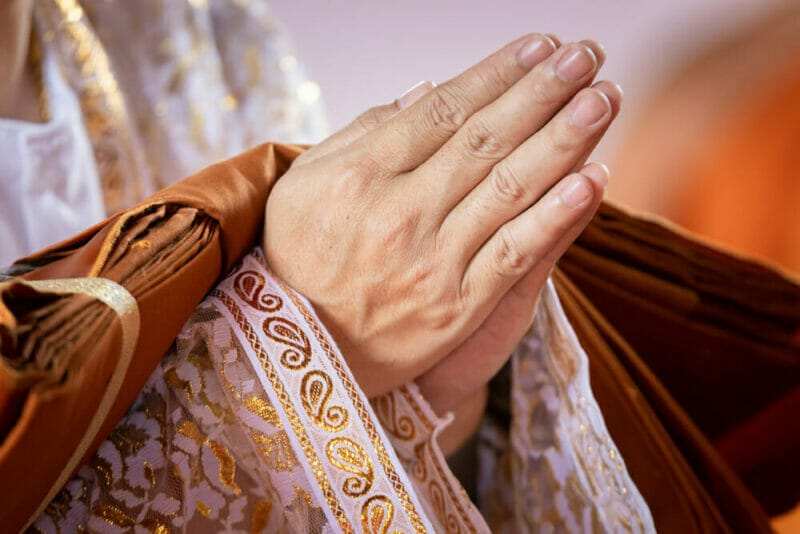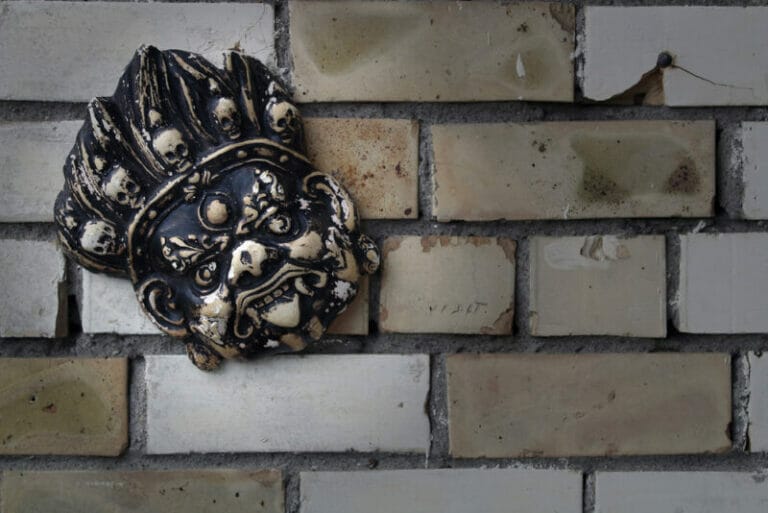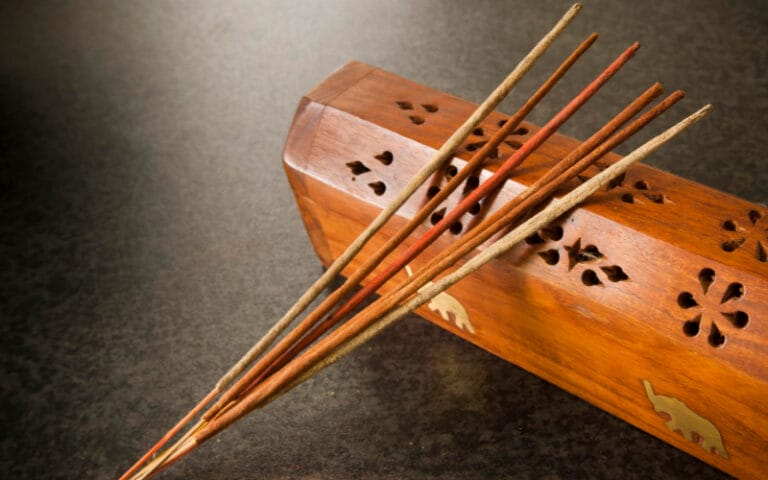What Do You Call a Buddhist Priest?
Various titles, such as bhikkhu, monk, and lama know Buddhist priests. However, there can be confusion surrounding the distinction between these terms and their relation to Buddhist practice.
This article will examine some of the typical titles given to religious leaders in various Buddhist traditions and evaluate similarities and differences between them.
What Do You Call a Buddhist Priest Usually?
To cut it short, a Buddhist priest is usually called a monk in modern times. Priests are also referred to as Bhikkus (Males) and Bhikkhuni (Females) in the traditional literature.
Variations in Calling Buddhist Priests Different Names
The manner in which Buddhism addresses its priests or monks can vary depending on the specific school of thought within Buddhism.
Buddhism has three main branches: Theravada, Mahayana, and Vajrayana, and each of these branches may have different conventions for addressing its religious leaders.
Additionally, the way in which priests or monks are addressed can also differ in different regions where Buddhism is practiced, as each area has its own unique culture and language.
Theravada School of Thought
As a rule, monks/priests in the Theravada school receive their unique monastic name in Pali after their ordination.
They consider themselves members of Buddha’s family and leave their own families behind. The ordination ceremony for Buddhist monks initiates them into the priesthood as novices or bhikkhus.
Vajrayana School of Thought
In the Vajrayana school, a Buddhist priest is addressed by the prefix ‘lama’. Another prefix may be introduced before the lama prefix to indicate the title of the monk. Such as Dalai Lama, Panchen Lama, etc.
Mahayana School of Thought
Mahayana monks may be addressed differently in different countries. For example, Vietnamese monks are called ‘thich’. In Japan, the word ‘obousan’ refers to monks.
Video: I’m a Buddhist Priest. Ask Me Anything
Read Next: How to Address a Buddhist Monk in English
Origin of the word “Bhikkhu” in Buddhism
Bhikkhus are also commonly referred to as monks and Buddhist priests. This was the name Gautama Buddha used to address his companions and monks during his lifetime.
The word “bhikkhu” means “beggar” or “wanderer”. This title was given to them because they begged for their food from house-to-house, town-to-town in accordance with the Buddha’s instructions.
Bhikkhus live lives of simplicity and austerity, relying on donations from the lay community for their livelihood.
To become ordained into this lifestyle one must first take refuge in the Buddha, Dharma, and Sangha (the teachings) and then follow ten precepts to live by.
Frequently Asked Questions
What are priests generally called in Buddhism?
They go by the name of “Bhikkhu” and it means an ordained male monk in traditional Buddhism. Nowadays, the males are mostly referred to as monks and the females as nuns.
What are Buddhist leaders called?
For ordained nuns and monks, the word Venerable, Your Eminence, or Rinpoche is commonly used. In Theravada, the monks and nuns are called Bhikku and Bhikkhuni. Bhante is also used for Buddhist leaders as an honorable name. Other than that, Gashe or Lama is used for leaders in Tibet. Similarly, in Japan, the leaders are referred to as Sensei, Roshi, Ajari, etc.
Do Buddhists have priests?
Priests are an important pillar in Buddhism and have multiple duties to perform. These duties include worship services, officiating different festivals, taking care of the temple, and officiating marriages, etc. You can also greet them while visiting a temple wearing modest clothes.
Parting Words:
Buddhist Priests go by multiple names but the most common ones are Bhikku/Bhikkhuni or a monk.
Keep in mind that these names may change depending on the area in which you live.
Try to address the priests in the traditional language as they like it and feel honored when someone calls them names such as Bhikku or Bhikkhuni.







